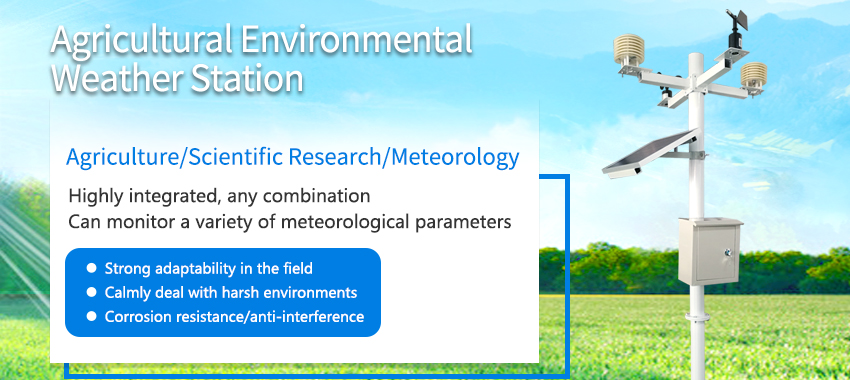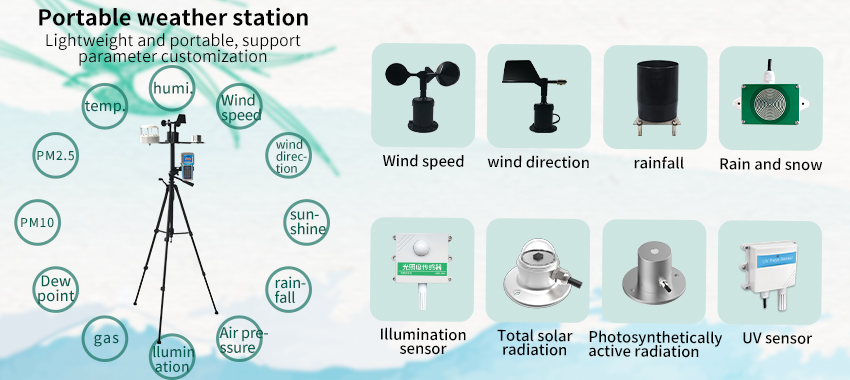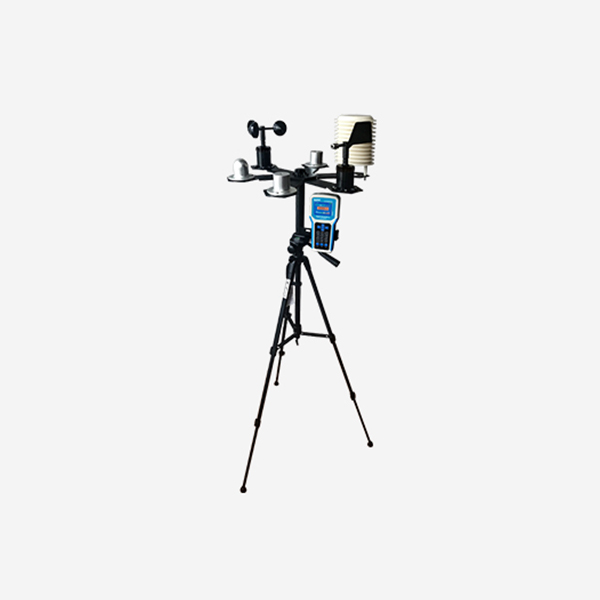Weather stations are vital instruments used to monitor and record various atmospheric parameters, providing valuable data for weather forecasting, climate research, and environmental monitoring. These stations play a crucial role in collecting real-time information on temperature, humidity, air pressure, wind speed, and precipitation, enabling meteorologists, researchers, and decision-makers to make assessments. This essay aims to explore the significance of weather station, their components, working principles, applications, and the impact they have on weather monitoring and environmental management.

The weather station serves as a comprehensive tool for gathering meteorological data from the surrounding environment. By utilizing a combination of sensors and instruments, these stations are able to measure and record a wide range of atmospheric parameters that are essential for understanding and analyzing weather patterns. Temperature sensors, such as thermometers, are used to measure the ambient temperature, while humidity sensors provide data on the moisture content of the air. A barometer measures air pressure, an anemometer monitors wind speed and direction, and a rain gauge collects data on rainfall. Additionally, more advanced weather station may include sensors for solar radiation, UV index, and even air quality parameters.
Working principle of a weather station
The working principle of a weather stations involves the continuous monitoring and recording of atmospheric conditions using a network of sensors and instruments. These sensors are strategically positioned to capture data from the surrounding environment, and the collected information is transmitted to a central data collection unit for processing and analysis. By continuously monitoring and recording atmospheric parameters, weather stations provide essential data for weather forecasting, climate modeling, and environmental monitoring. This real-time data is crucial for understanding weather patterns, predicting severe weather events, and assessing long-term climatic trends.
Key advantages of weather station

One of the key advantages of weather station is their ability to provide real-time, accurate, and localized weather data. By collecting and analyzing meteorological information from specific locations, these stations offer valuable insights into microclimatic conditions, enabling more precise weather forecasts and localized weather alerts. This capability is particularly important for agriculture, aviation, emergency management, and various other sectors that rely on accurate and timely weather information to make informed decisions and mitigate potential risks.
Applications of weather stations

The applications of weather stations are diverse and encompass a wide range of fields, including meteorology, agriculture, transportation, energy, and environmental monitoring. In meteorology, weather stations are essential for collecting data used in weather forecasting models and climate research. In agriculture, these stations provide valuable information for crop management, irrigation scheduling, and pest control, helping farmers optimize their agricultural practices based on local weather conditions. In transportation, weather stations contribute to the safe operation of roadways, airports, and maritime routes by providing real-time weather data for traffic management and navigation. Moreover, in the energy sector, weather stations play a critical role in assessing renewable energy resources, such as solar and wind power, by monitoring relevant meteorological parameters.
The impact of weather station on weather monitoring and environmental management is significant. By providing real-time, accurate, and localized weather data, these stations contribute to the improvement of weather forecasting, early warning systems, and climate research. The data collected by weather station is essential for understanding weather patterns, predicting severe weather events, and assessing long-term climatic trends, thereby enabling informed decision-making in various sectors. Additionally, weather station support environmental management efforts by providing valuable information for monitoring air quality, assessing environmental impacts, and studying the effects of climate change on ecosystems.
Conclusion
In conclusion, weather station are indispensable instruments for monitoring and recording atmospheric parameters, providing essential data for weather forecasting, climate research, and environmental monitoring. Their ability to collect real-time, accurate, and localized weather data empowers meteorologists, researchers, and decision-makers to make informed assessments and predictions about weather patterns and climatic trends. As the importance of weather monitoring and environmental management continues to grow, weather station will remain fundamental instruments for understanding and analyzing weather patterns, predicting severe weather events, and assessing long-term c
